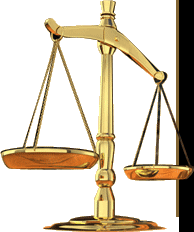Cooperating Witness FBI
Generally speaking, the FBI processes thousands of pieces of “raw” intelligence each day—some generated by agents, but most because the public is inclined to report suspicious activity. As an example, a bank teller might report seeing a suspicious car the day a robbery occurs and/or a school guard will report activity at a house suggests somebody’s selling crack. But still others are caused because agents are authorized to use individuals known as a Cooperating Witness FBI—all for the purpose of collecting intelligence and enhancing investigations.
While the Cooperating Witnesses FBI are “not” government employees, these individuals are the eyes and ears of the government authorized to collect intelligence. And combined with technology, these individuals can be an effective tool combating crime and/or thwarting terrorism. But like any investigative tool, a Cooperating Witness FBI can abuse their authority, manufacture evidence, and/or make a mistake, particularly if left unsupervised. Because electronic conversations can be “erased” and/or selectively recorded, a Cooperating Witness FBI needs to be closely supervised to ensure instructions are followed and evidence protected.
Because electronic conversations can be “erased” and/or selectively recorded, a Cooperating Witness FBI needs to be closely supervised to ensure instructions are followed and evidence protected.
Unlike a Confidential Informant, a Cooperating Witness FBI is usually “warned” their assistance will become known when the government files criminal charges. Because the FBI uses Cooperating Witnesses to “record” conversations—when charges are filed—the government must turnover any statements made by a defendant in their possession because of conversations recorded by a Cooperating Witness FBI.
Since a large part of his success has been attributed to working with Cooperating Witnesses—many involving complicated FBI undercover scenarios—Mr. WEDICK is regarded as a Bureau expert. Accordingly, he can be an extremely valuable asset to any defense team—particularly if the matter involves White Collar Crime, Organized Crime, Public Corruption, Terrorism, and/or FBI Undercover Operations.

